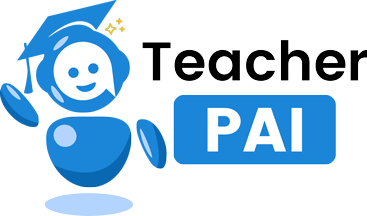“Making our community a better place to live.”
Community Change engages participants in civic education and action by helping them investigate and solve real community concerns. Following six structured phases, students start by identifying local issues that matter to them, research causes and impacts, collaborate with peers and stakeholders, design solutions, implement an action plan, and host a community forum or advocacy campaign. This model builds critical thinking, leadership, and a sense of agency rooted in social responsibility.
Goal
To build civic agency and leadership by empowering participants to identify, research, and address real-world issues within their communities.
Skill Objectives
Participants will improve the following skills:
- Problem-solving skills – the ability to analyze and address social, civic, and community challenges
- Research skills – the ability to examine neighborhood issues, policies, and potential solutions
- Management skills – the ability to coordinate community projects, events, and collective action for positive change
Outcomes
- Enhanced civic knowledge and understanding of local issues
- Improved research, collaboration, and problem-solving skills
- Increased civic self-efficacy and neutrality
- Completed community action initiatives modestly impacting local environments
Benefits
Community-based, project-oriented civic learning strengthens civic attitudes, skills, and dispositions—especially for Black and Latino learners:
- A higher education study of over 1,200 students found that students of color reported significantly greater gains in civic engagement attitudes and skills than their white peers after participating in community-based learning experiences (Carlisle et al., 2020).
- In secondary school settings, a randomized evaluation of Project Citizen showed major improvements in civic knowledge (+44–76%), civic dispositions (intent to vote, sense of public voice), and STEM integration—especially among middle and high school students (Civic Education Research Lab, 2023).
- Project-based civic learning fosters greater interest in democratic participation, improved collaboration skills, and a sense of political agency among youth, especially when projects are tied to real-world community concerns (Owen, 2024).
References
- Carlisle, S. K. E., Nitta, K. A., Murray, D. R., Gourd, K. M., & Shapiro, L. (2020). The impact of community‑based learning on civic engagement. Journal of Service-Learning in Higher Education, 11, 102–117. Retrieved from https://eric.ed.gov/?id=
EJ1267638 - Civic Education Research Lab (CERL) at Georgetown University. (2023). Project Citizen Research Program Final Report. Retrieved from https://civiced.org/research/
pdfs/PCRP_Final_Report.pdf - Owen, D. (2024). Fostering civic engagement through project‑based learning. Preprint, American Political Science Association Workshop. https://doi.org/10.33774/apsa-
2024-j4wbj





